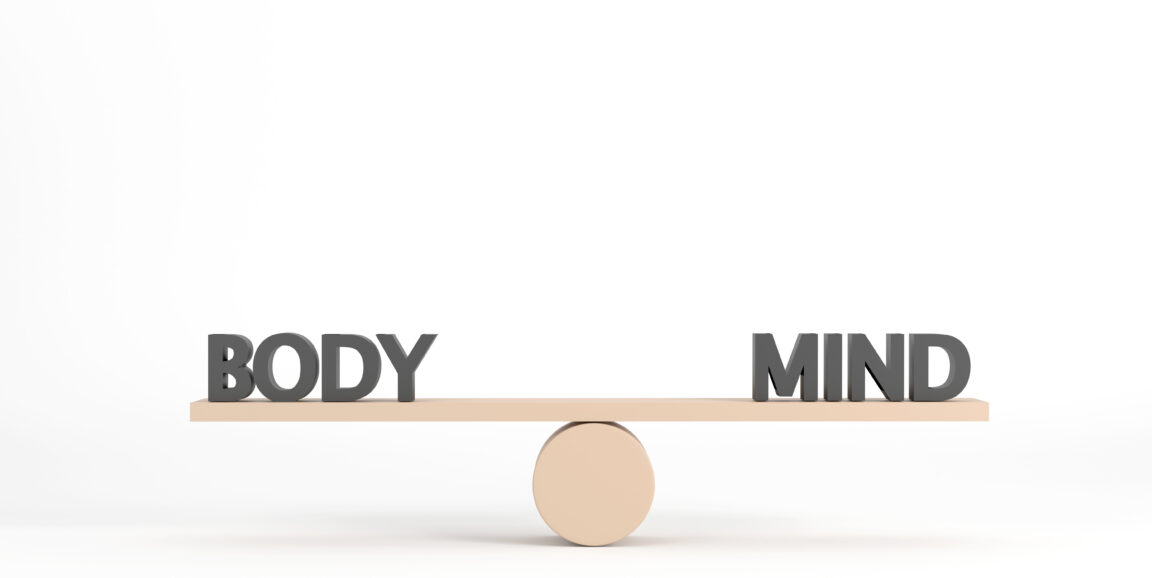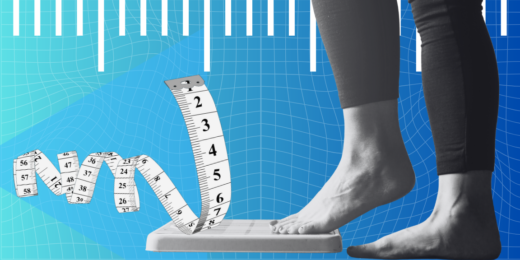From that tangle of cells in our heads arises the elusive, but uber-powerful, mind -- the swirl of thoughts and perceptions that forms our sense of self.
Researchers are homing in on the mind by learning ever more about what it can do and how it can change.
"Our minds aren't passive observers, simply perceiving reality as it is. Our minds actually change reality," said Alia Crum, PhD, who directs the Stanford Mind and Body Lab in a recent Stanford News feature.
Her work is revealing how the mind can shape perceptions and health, as described in the piece:
People who believe doing physical work in a job counts as exercise live longer lives, independent of how much exercise they actually get. Likewise, telling people a milkshake they drank was 'indulgent' made them feel more full. Telling them a drink they were consuming had caffeine raised their blood pressure.
The mind also plays a critical role in the perception of pain, as research by clinical psychologist Beth Darnall, PhD, has shown. More from the piece:
'Pain is highly responsive to each person's psychology and mindset,' Darnall said. Those who expect worse pain, ruminate on it and feel helpless about it - what's called pain catastrophizing - feel more intense pain, stay longer in hospitals after surgery and often require more painkillers. On the other hand, those who shift to a positive mindset feel less pain, spend less time in hospitals and require fewer pain medications.
Darnall's team is develop methods to intervene and reduce the need for opioid use, as well as pain experienced by both those with chronic pain and people recovering from surgery.
Curious about what else the mind can do? The features dives into its effects on learning, life, social belonging and more.
Photo by photobuay




